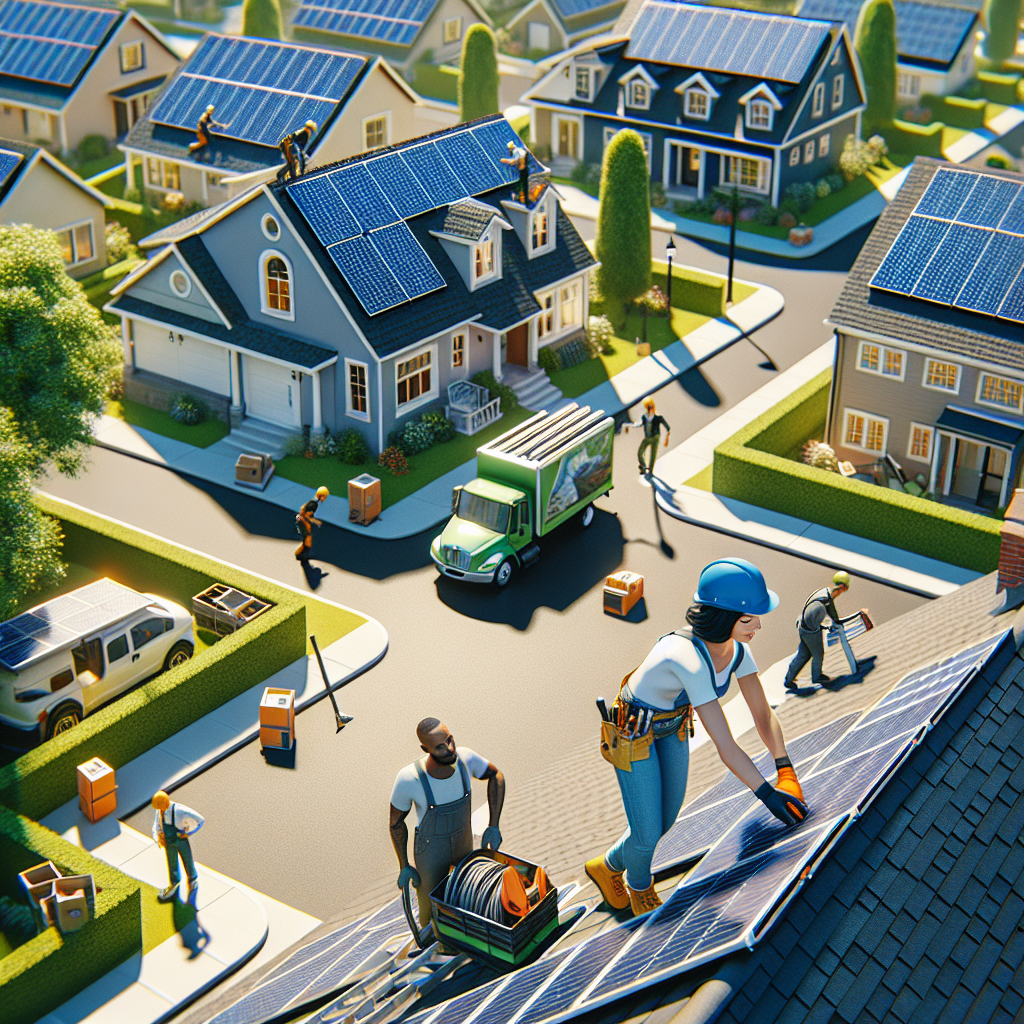AfDB Approves $14.5 M to Power Zambia’s Renewable Future with New Solar Plant
The financing package includes $7.27 million from the AfDB’s own resources and a matching amount in concessional funding from a Development Finance Institution.

In a major boost to Zambia's renewable energy ambitions, the African Development Bank (AfDB) has approved a $14.54 million financing package to support the development of the Garneton North 20-megawatt solar project in Copperbelt Province. The initiative marks a significant milestone in the country's clean energy transition, helping to bridge the energy deficit while contributing to Africa's broader electrification goals under the Mission 300 initiative.
Catalysing Renewable Growth in Zambia
The financing package includes $7.27 million from the AfDB's own resources and a matching amount in concessional funding from a Development Finance Institution. The support underscores the Bank's commitment to expanding energy access across the continent and driving forward the goal of connecting 300 million Africans to electricity by 2030.
The $24.5 million project will design, construct, and operate a 20 MW solar photovoltaic power plant connected to the national grid via a 10-kilometre, 33-kilovolt power line. Once operational, the project is expected to supply 82,000 people with clean, reliable electricity, while reducing annual carbon emissions by 58,740 tons of CO₂.
Under a 25-year take-or-pay Power Purchase Agreement (PPA), the state utility Zambia Electricity Supply Corporation Limited (ZESCO) will purchase all electricity generated by the plant, ensuring a stable revenue stream for the project and contributing to grid reliability.
A Milestone for Zambia's Power Sector Confidence
According to Wale Shonibare, AfDB's Director for Energy Financial Solutions, Policy, and Regulation, the project represents a turning point for Zambia's power sector.
"The project marks a key milestone in Zambia's efforts to restore confidence in its power sector, attract private sector investment, and drive progress toward closing the energy gap and achieving Mission 300 goals," he said.
The Garneton North Solar Project is one of six renewable energy ventures selected under Zambia's Global Energy Transfer Feed-in Tariffs (GETFiT) programme — a government-led initiative to unlock private sector investment in small- and medium-scale renewable energy independent power projects.
Economic and Social Impact
The project is also expected to contribute to local employment and community development. During the construction phase, 90 jobs will be created, including roles for five women and 50 youth, while 10 permanent positions (two for women and six for youth) will be maintained during operations.
By bolstering Zambia's grid capacity, the project will help reduce the frequency of blackouts and improve overall energy security — a critical step for industries, schools, hospitals, and households that rely on stable electricity.
Driving Private Sector Confidence Through GETFiT
The GETFiT Zambia programme aims to procure at least 120 MW of new renewable capacity from private developers, demonstrating the country's readiness to re-engage investors after years of financial strain in the energy sector.
Jing Li, Division Manager for Energy Financial Solutions at AfDB, noted that the Garneton North project would strengthen Zambia's commitment to a diversified, low-carbon energy mix.
"By expanding renewable generation capacity, the project will help reduce the frequency and severity of power outages, ensure a more reliable electricity supply, and contribute to maintaining cost-reflective tariffs for consumers," she said.
A Step Toward Sustainable Development
Beyond its contribution to energy access, the solar plant aligns closely with several of the African Development Bank's strategic frameworks, including:
-
The Ten-Year Strategy (2024–2033), promoting inclusive growth and sustainable development;
-
The New Deal on Energy for Africa, which aims to achieve universal access to energy through clean technologies; and
-
The Bank's climate change, gender equality, and youth employment strategies, which emphasize green growth and social inclusion.
Zambia's growing engagement in renewable energy also reflects the government's broader efforts to diversify away from its historical reliance on hydropower. With changing rainfall patterns and recurring droughts affecting hydropower generation, solar projects like Garneton North are critical to ensuring long-term energy resilience.
Looking Ahead: A Model for Green Investment
By combining public commitment and private sector participation, the Garneton North 20MW Solar Project demonstrates how targeted financing and strategic planning can accelerate Africa's clean energy transition.
With support from AfDB and other partners, Zambia's power sector is steadily positioning itself as a bankable, investment-ready market capable of leading the way in sustainable infrastructure. The project will not only enhance energy access but also serve as a model for scaling up renewable energy investments across the region.
ALSO READ
-
Maharashtra's Renewable Energy Revolution: Hydroelectric Projects Set to Power the Future
-
CtrlS Partners with NGEL for 2 GW Renewable Energy Push
-
Record-Breaking Sanction for India's Renewable Energy Advancement
-
Bondada Engineering's Stellar Growth: A Beacon in Renewable Energy
-
Arunachal Pradesh's Renewable Energy Strides Hailed









